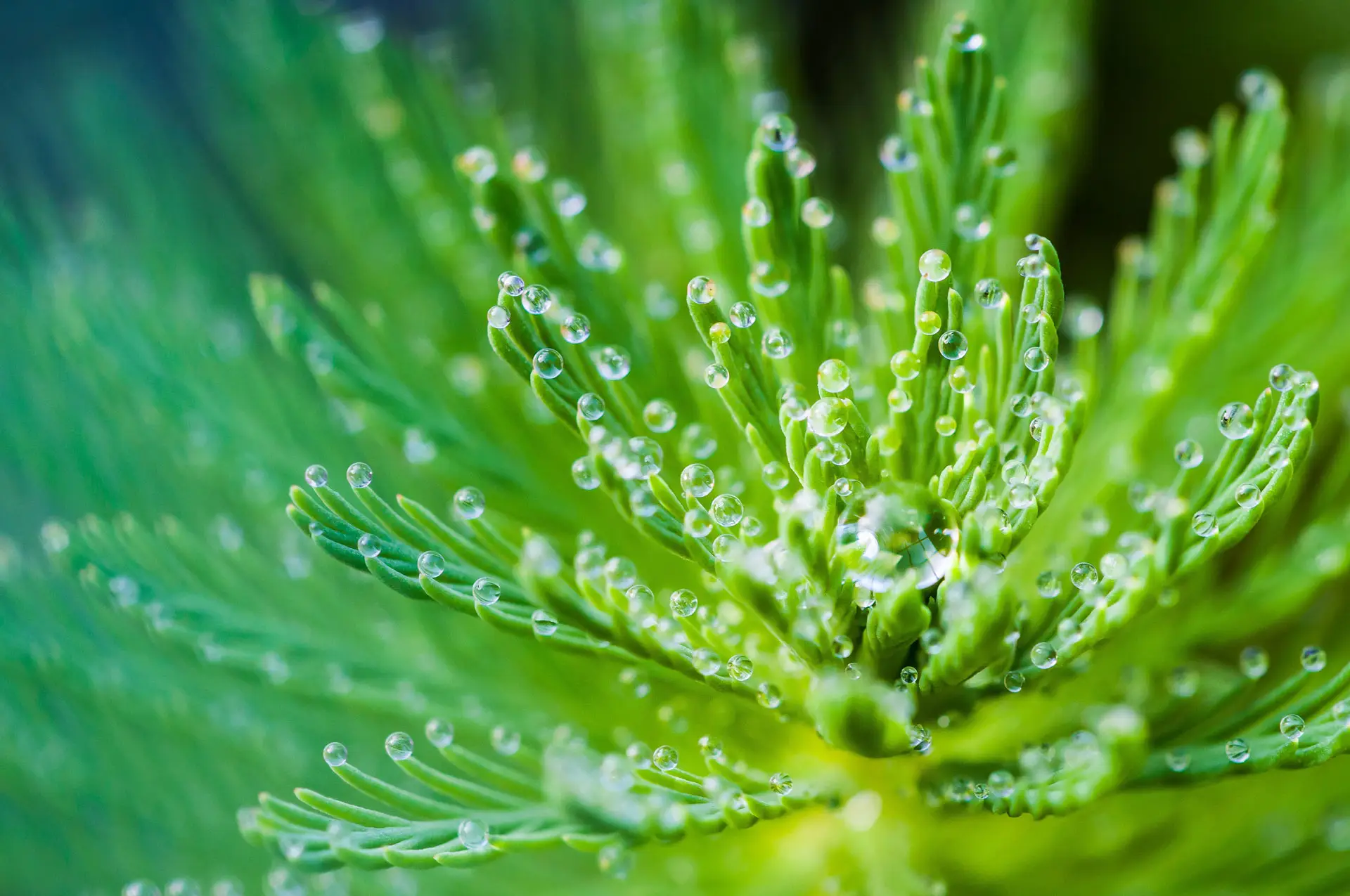Gardening in itself is typically an eco-friendly activity to take part in, but you can take this even a step further if you want to through building an “eco-garden.” An eco-garden is essentially a kind of garden that employs various techniques so that both plants and animals can thrive off of your work.
This ensures that not only are you engaging in an enjoyable hobby but that you are giving back and maintaining an environmentally conscious frame throughout building your garden. Here are a few facets that are common to an eco-garden.
Mutually Beneficial Planting
What many people do not realize when gardening is that plants can actually interact with other plants in the garden in a sense that can either help or harm a plant’s ability to grow well. For example, planting mint near strawberries can significantly help the growth speed and health of both plants.
However, planting strawberries near broccoli can harm both plants. There are plenty of online guides to assist you in finding the right pairings, so check them out to help your garden.
Add Compost
Adding compost to a garden is a great way to encourage growth in the same way a standard fertilizer would, but without some of the more questionable ecological benefits that are often associated with fertilizers.
They will help bring nutrients to the surface of the garden which can help the plants grow significantly. If you are looking for a cheaper alternative to the compost you can buy at retailers, you can also try to use some scraps in your kitchen, as long as they don’t consist of meat.
Try To Attract Pollinators Like Bees And Birds
Many people do not want too many bees near their garden as they fear getting stung. However, in an eco-garden, bees are necessary, as they are a natural source of pollination.
In fact, it is even wise to encourage bees through plants such as honeysuckle being a mainstay. The goal of the eco-garden is to create an environment where plants and animals can benefit from your work, which means you also should try to attract birds to your garden by having a feeder out.
